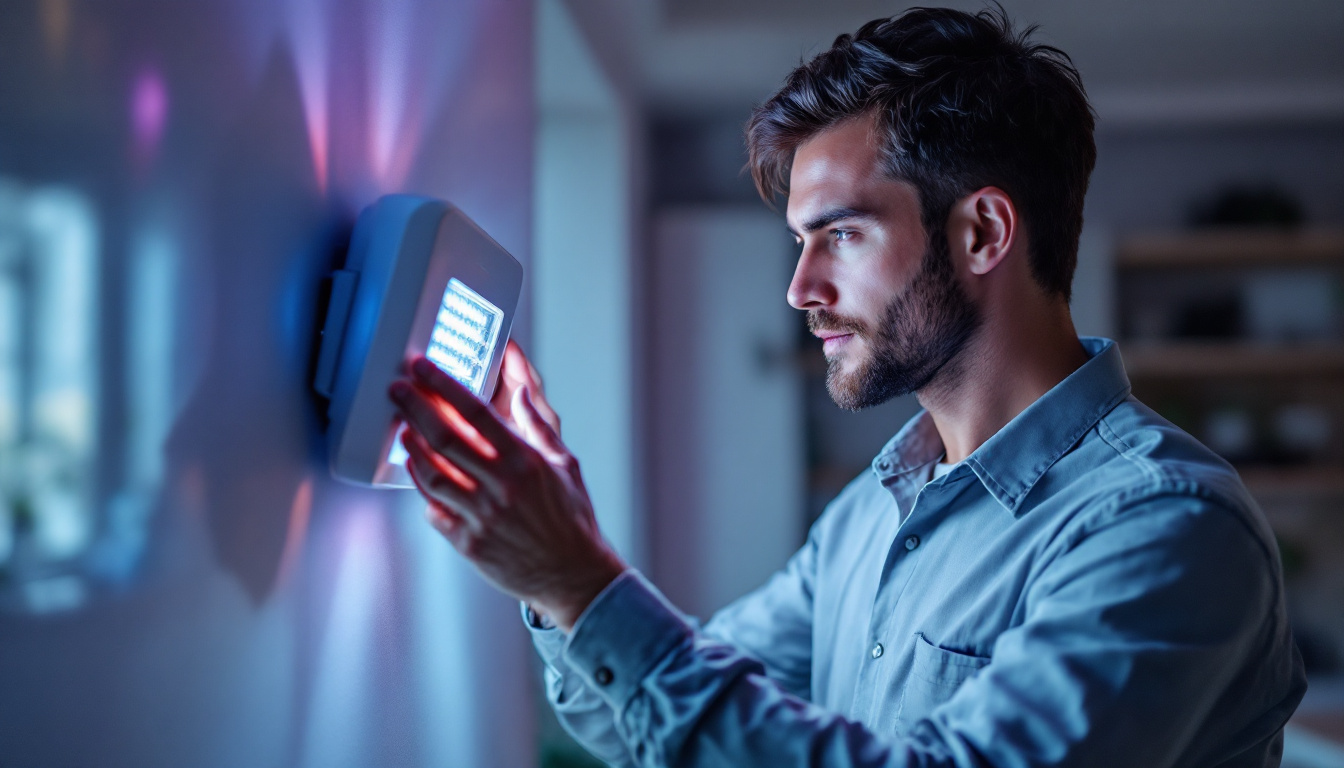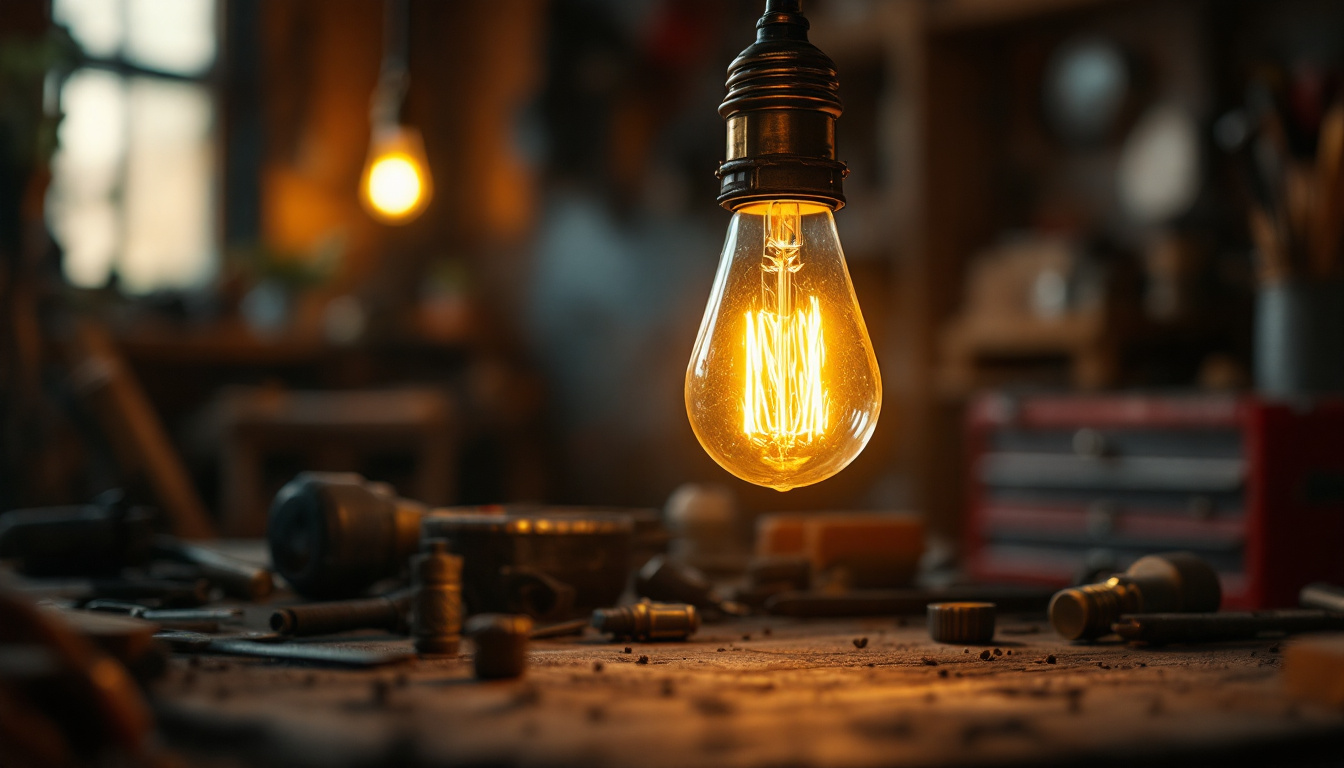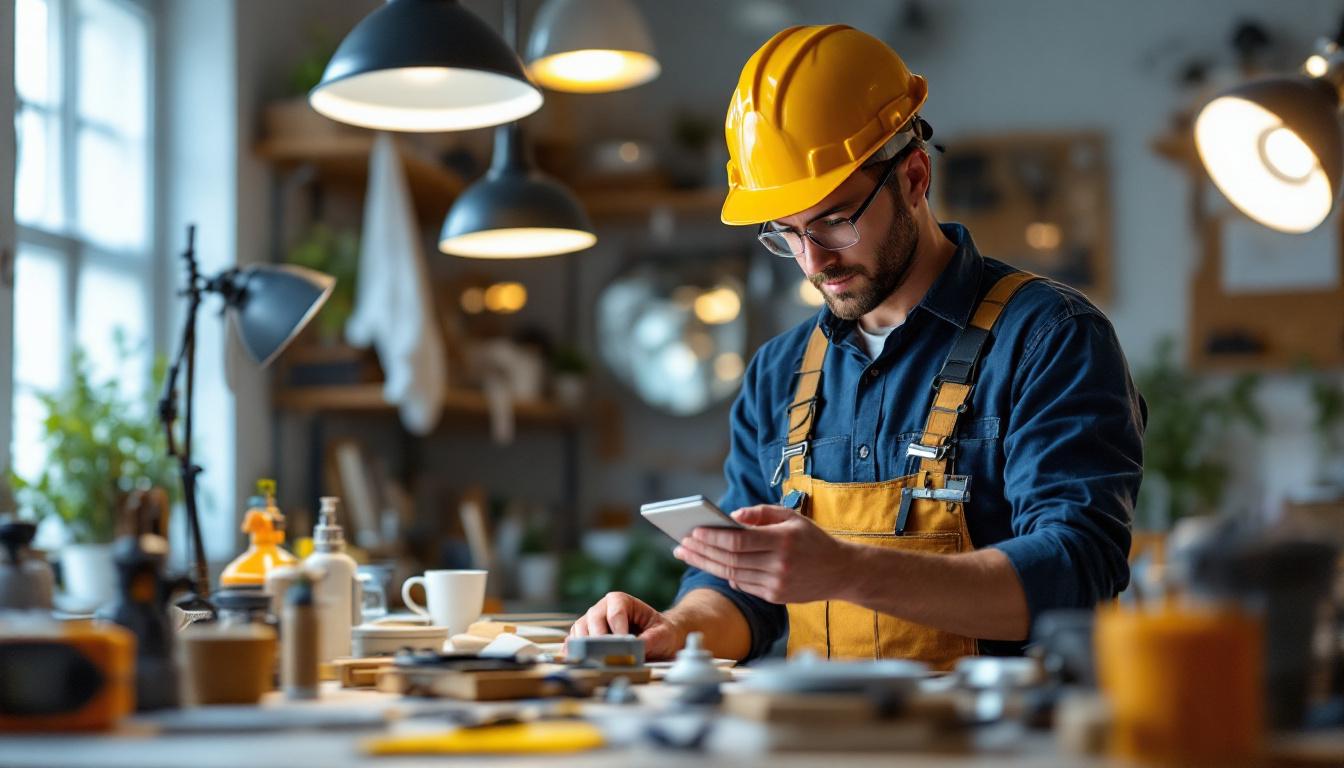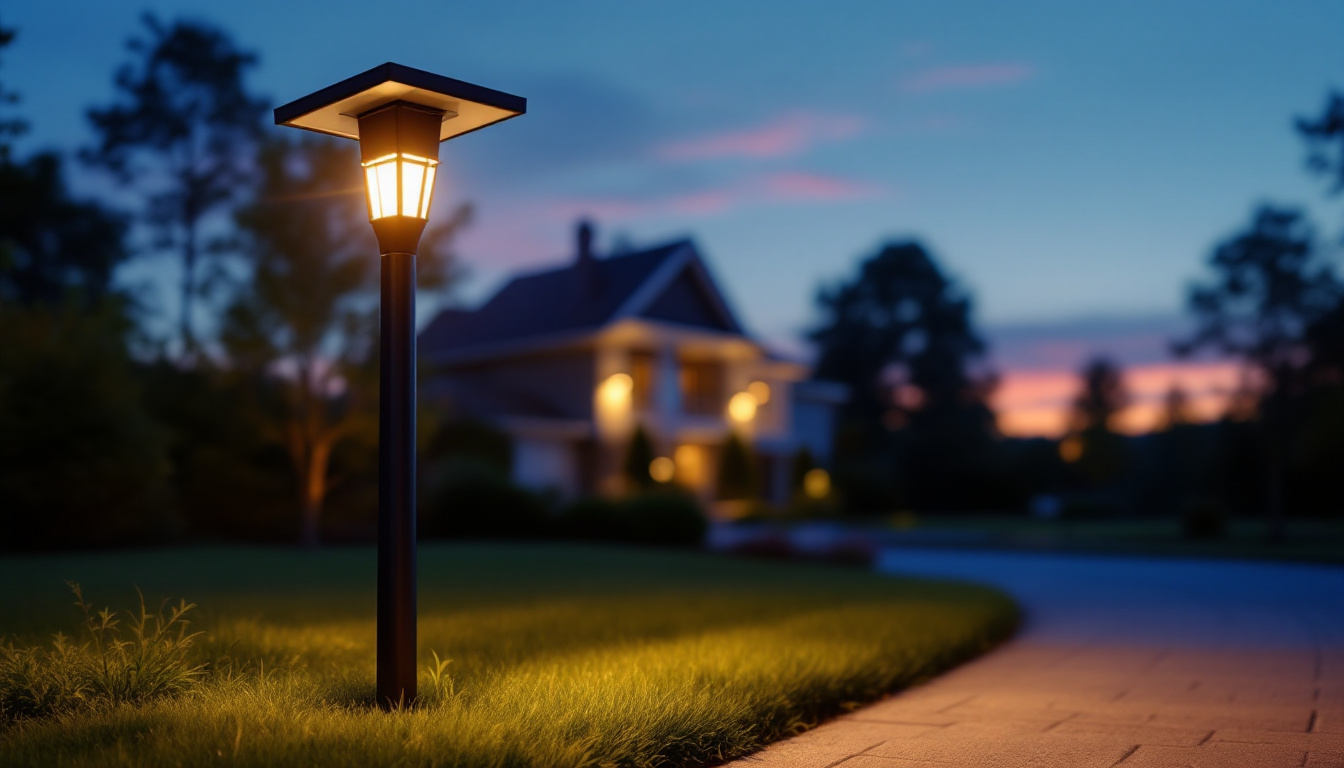
As the demand for advanced lighting solutions continues to grow, many lighting contractors are encountering questions about the use of ultraviolet (UV) light in residential settings. With its unique properties and potential benefits, UV light has become a topic of interest among professionals in the industry. This article aims to address common questions that lighting contractors have regarding home UV light, covering its applications, safety considerations, and installation practices.
UV light is part of the electromagnetic spectrum and is categorized into three types: UVA, UVB, and UVC. Each type has distinct characteristics and applications. Understanding these differences is crucial for lighting contractors who are considering incorporating UV light into their projects.
UVA rays, which make up approximately 95% of the UV radiation that reaches the Earth’s surface, are known for their ability to penetrate the skin deeply. They are commonly used in tanning beds and can contribute to skin aging and DNA damage. Furthermore, UVA rays are often utilized in various industrial applications, such as curing inks and coatings, due to their ability to initiate photochemical reactions efficiently.
UVB rays are responsible for causing sunburn and play a significant role in the production of vitamin D in the skin. They are less prevalent than UVA rays but are more intense and can be harmful in higher doses. Interestingly, UVB rays are also being studied for their potential therapeutic benefits, such as in the treatment of skin disorders like psoriasis, where controlled exposure can help alleviate symptoms.
UVC rays, on the other hand, are the most harmful type of UV radiation but are mostly absorbed by the Earth’s atmosphere and do not reach the surface. However, UVC light is used in various disinfection applications due to its ability to kill bacteria and viruses. This has become increasingly relevant in recent years, as UVC technology is being integrated into public spaces, healthcare facilities, and even personal devices to enhance hygiene measures.
UV light has several applications in residential settings, ranging from disinfection to enhancing aesthetics. One of the most notable uses is in air purification systems, where UVC light is employed to eliminate pathogens in the air. This technology has gained popularity as homeowners seek ways to improve indoor air quality. By incorporating UVC lamps into HVAC systems, families can enjoy cleaner air, reducing the risk of respiratory issues and allergies caused by airborne contaminants.
Another application is in the realm of surface disinfection. UV light can be used to sanitize high-touch areas in homes, such as kitchen counters and bathroom surfaces, providing an additional layer of protection against germs. In addition to traditional cleaning methods, UV sanitizers are becoming a go-to solution for many households, offering a chemical-free option that is both effective and environmentally friendly.
Additionally, UV light is also utilized in certain types of lighting fixtures to create unique visual effects. Some decorative lighting solutions incorporate UV light to enhance colors and create vibrant atmospheres, particularly in entertainment spaces. For instance, UV-reactive paints and materials can glow under UV light, making them a popular choice for parties and events, where they contribute to an immersive experience. Moreover, the use of UV light in aquariums can help maintain water clarity and health by controlling algae growth, showcasing yet another practical application of this versatile light spectrum.
While UV light offers numerous benefits, safety is a paramount concern for both contractors and homeowners. Understanding the risks associated with UV exposure is essential to ensure that installations are both effective and safe.
Prolonged exposure to UV light can lead to various health issues, including skin burns, premature aging, and an increased risk of skin cancer. For this reason, it is crucial for lighting contractors to educate homeowners about the potential risks and the importance of protective measures.
To mitigate these risks, contractors should recommend UV protective coatings for fixtures and ensure that any UV lighting installed is appropriately shielded to minimize direct exposure to occupants.
When installing UV lighting systems, contractors should follow specific guidelines to enhance safety. This includes using fixtures designed to contain UV radiation and ensuring that they are installed in locations that minimize exposure to people and pets.
Additionally, it is advisable to incorporate timers or sensors that can control the operation of UV lights, limiting their use to times when the area is unoccupied. This not only enhances safety but also extends the lifespan of the UV bulbs.
Proper installation of UV lighting systems is critical to maximize their effectiveness and safety. Lighting contractors should adhere to best practices to ensure that installations meet industry standards and client expectations.
Selecting the appropriate UV lighting equipment is the first step in a successful installation. Contractors should consider factors such as the type of UV light needed for the application, the intensity of the light, and the fixture’s design.
It is also essential to choose high-quality UV bulbs from reputable manufacturers to ensure reliability and safety. Contractors should familiarize themselves with the specifications and limitations of the equipment they choose to avoid potential issues during installation.
The placement and orientation of UV lights are crucial for their effectiveness. For air purification systems, UV lights should be positioned in a way that maximizes exposure to the air passing through the system. This often involves placing the lights in the ductwork or near the air intake.
For surface disinfection applications, contractors should identify high-touch areas and ensure that the UV light is directed at these surfaces for optimal sanitization. It is also important to consider the distance from the surface, as the intensity of UV light diminishes with distance.
Regular maintenance is vital to ensure the longevity and effectiveness of UV lighting systems. Contractors should provide homeowners with guidelines on how to care for their UV lights to maximize their lifespan and performance.
Routine inspections of UV lighting systems can help identify potential issues before they become significant problems. Contractors should recommend that homeowners check the fixtures regularly for any signs of wear or damage, such as cracks or discoloration.
Additionally, it is essential to monitor the performance of the UV bulbs. Over time, the intensity of UV light can diminish, making it necessary to replace bulbs according to the manufacturer’s recommendations.
Cleaning UV fixtures is another critical aspect of maintenance. Dust and debris can accumulate on the surface of the fixtures, reducing their effectiveness. Contractors should advise homeowners to clean the fixtures periodically using a soft cloth and a non-abrasive cleaner to avoid damaging the UV bulbs.
Furthermore, contractors should emphasize the importance of following safety protocols while performing maintenance tasks, including turning off the UV lights and allowing them to cool down before cleaning.
As with any emerging technology, there are several myths surrounding UV light that can lead to misconceptions among homeowners and contractors alike. Addressing these myths is essential for promoting informed decisions regarding UV lighting solutions.
One common myth is that all UV light is harmful. While it is true that excessive exposure to UV radiation can have adverse health effects, UV light also has beneficial applications, particularly in disinfection and air purification. Educating clients about the dual nature of UV light can help them understand its value in residential settings.
Another misconception is that UV lighting systems are costly to operate. In reality, many modern UV systems are designed to be energy-efficient, and the long-term benefits, such as improved air quality and reduced health risks, often outweigh the initial investment. Contractors can provide cost-benefit analyses to help clients see the value of UV lighting solutions.
The landscape of home UV lighting is continually evolving, with new technologies and applications emerging. Staying informed about these trends can help lighting contractors remain competitive and provide cutting-edge solutions to their clients.
Recent advancements in UV technology have led to the development of more efficient and effective UV lighting systems. Innovations such as LED UV lights are gaining popularity due to their energy efficiency, longer lifespan, and lower heat output compared to traditional UV bulbs.
Additionally, smart UV lighting systems that can be controlled via mobile apps or integrated into home automation systems are becoming more prevalent. These systems allow homeowners to monitor and control their UV lighting remotely, enhancing convenience and safety.
As awareness of indoor air quality continues to grow, the demand for UV lighting solutions in homes is expected to rise. Homeowners are increasingly seeking ways to improve air quality, particularly in light of recent health concerns. This trend presents a significant opportunity for lighting contractors to expand their offerings and educate clients about the benefits of UV air purification systems.
UV light presents a range of opportunities and challenges for lighting contractors working in residential settings. By understanding the properties of UV light, addressing safety considerations, and following best installation practices, contractors can effectively incorporate UV lighting solutions into their projects.
As the industry continues to evolve, staying informed about advancements in UV technology and addressing common misconceptions will be crucial for contractors looking to provide valuable services to their clients. With the right knowledge and approach, lighting contractors can harness the potential of UV light to enhance the safety, health, and aesthetic appeal of homes.
Ready to elevate your lighting installations with the power of UV light? At LumenWholesale, we provide lighting contractors like you with the highest quality, spec-grade UV lighting products at prices that can’t be beaten. Say goodbye to local distributor markups and hello to our extensive selection that meets rigorous industry standards. Plus, with free shipping on bulk orders, you can stock up on premium lighting solutions without worrying about hidden fees. Don’t compromise on quality or value—choose LumenWholesale for a seamless blend of excellence and affordability. Discover our wholesale lighting deals at the best value today and light up your next project with confidence.

Discover the meaning behind H.I.D and explore best practices tailored for lighting contractors.

Discover the history of the light bulb’s invention and explore how its evolution can lead to significant cost savings for lighting contractors.

Discover expert tips in Dz15S: Lighting Contractors’ Guide to Choosing the Right Ones.

Explore the innovative world of solar driveway light posts and discover how lighting contractors can tackle common challenges.